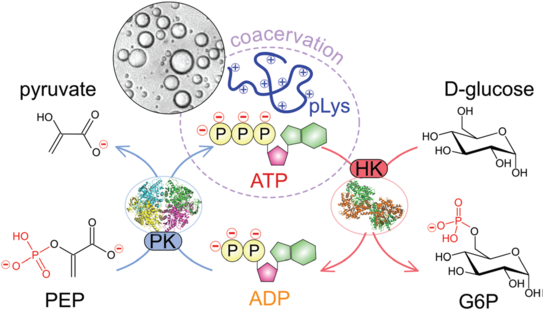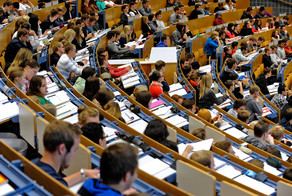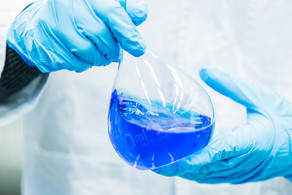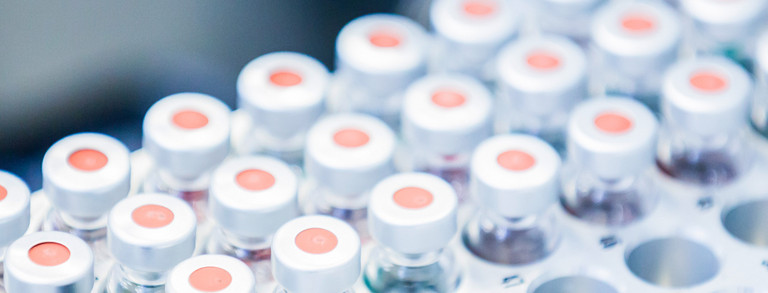M.Sc. Moreno Ascani
Kinetics, Thermodynamics and Phase Behavior of Coupled Reaction Networks in ATPS
Coacervate systems are a special kind of Aqueous Two-Phase Systems, but they are thermodynamically not well described. In this work, phase equilibria of coacervate systems are measured an modeled using polyelectrolyte PC-SAFT. Further, enzymatic reactions in such coacervate phases are investigated.
Description
The main goal of this work is to design and model reactive ATPS using the equation of state ePC-SAFT advanced [3]. Besides this engineering goal, liquid-liquid two-phase (LLTPS) separation causing coacervate formation is observed in life cells that use reactions in such compartments for the sake of spatio‑temporal organization. Coacervates are liquid droplets enriched in macromolecules built by specific interactions between their building blocks. The LLTPS constituents and the operating conditions (temperature, pressure, pH) will be tuned to maximize yield, selectivity, and the partitioning of substrates and products.

References
| [1] | J. M. Woodley: "Accelerating the implementation of biocatalysis in industry" Applied Microbiology and Biotechnology 2019, 103, 4733-4739 |
| [2] | A. D. Diamond, J. T. Hsu: "Fundamental Studies of Biomolecule Partitioning in Aqueous Two-Phase Systems" Biotechnology and Bioengineering 1989, 34, 1000-1014 |
| [3] | M. Bülow, M. Ascani, C. Held: "ePC-SAFT advanced-Part I: Physical meaning of including a concentration-dependent dielectric constant in the born term and in the Debye-Hückel theory" Fluid Phase Equilibria. 2021, 535, 112967 |
| [4] | K. K. Nakashima, J. F. Baaij, E. Spruijt: " Reversible generation of coacervate droplets in an enzymatic network" Soft Matter, 2018, 14, 361-367 |







